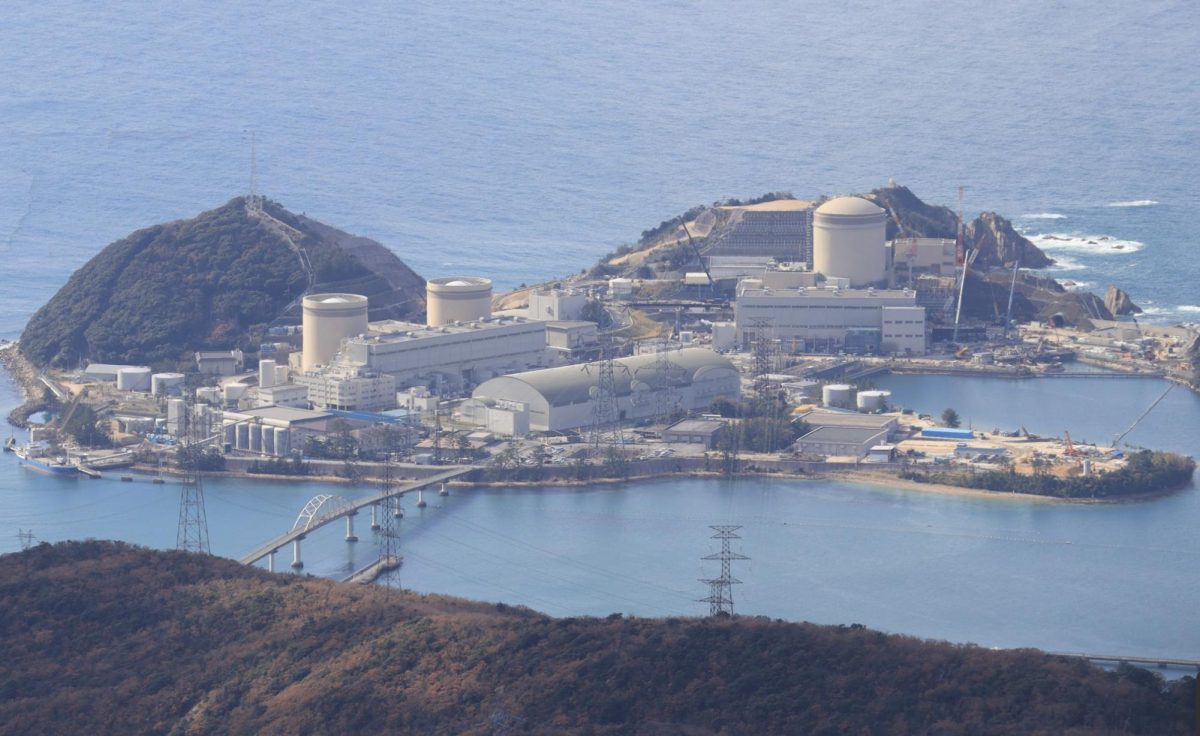Japanese Prime Minister Fumio Kishida announced that they are releasing nuclear waste water starting August 24th, 2023. There was a huge controversy surrounding the issue prior to its release, with governments expressing support and opposition, with a lot of Asian consumers concerned with the future contamination of marine life and natural resources. The start of this worldwide issue can be traced all the way back to the 2011 Fukushima Nuclear disaster. This event caused the reactor core to overheat and contaminate the water inside the nuclear plant. To cool the reactor down, water was added for the last 11 years in order to prevent explosion. Eventually, in 2019, it reached its limit.
The Japanese government highlighted their plan by pointing out how the released water is going to be heavily diluted with clean water so it only has a very low concentration of tritium, which is the radiation contained in the wastewater. The plan seems questionable, and opinions from other countries are conflicting. The US has backed up Japan and nearby Taiwan has agreed that the amount of tritium released will have minimal impact. While South Korean leaders agreed with the plan, the citizens are insisting on opposition. The people in Japan are also expressing opposition to their government’s decision as well. Shunta Nambara ’24, a student from Japan, expressed his opinion that “Japanese people are highly against the wastewater thrown away in the ocean, and the government by itself is executing this tragedy.” Moreover, he expressed his concern about the seafood consumption that will be limited due to wastewater. In South Korea, consumers have started boycotting Japanese food products and holding protests against Japan’s wastewater release and it does not seem to have come to an end.
People’s anxiousness led to questions about the safety of diluted wastewater. Kerry Cedegren, a chemistry teacher, explained the consequences of wastewater out in the ocean. She explained that “the material in the wastewater that is concerning is radioactive, but even though it is diluted, we are not able to filter the radiation fully so there is going to be high levels of radioactivity in the water that would potentially harm marine life and human life.” For Tritium, the radioactive material in Japan wastewater, it takes 12.3 years for it to decay into half. Therefore Cedegren expressed her “skepticism” about this issue because the radiation is going to be near us for a decently long amount of time. She wrapped up by saying there should be a better way to store these rather than contaminating the ocean.
Japan’s nuclear wastewater has been a big issue politically and environmentally. It is hard to say that the radiation released in the water would have zero effect on our marine and daily lives. The decision made by Japan follows the concerns of the people and the uncertainty of the future situation.












